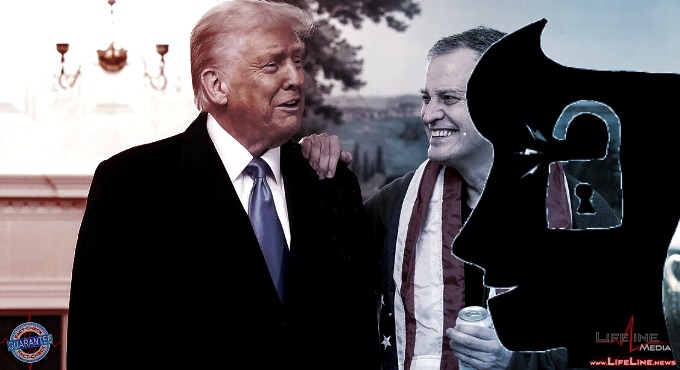Fogel’s Arrest and Diplomatic Negotiations

FACT-CHECK GUARANTEE
Political Tilt
& Emotional Tone
The article maintains a politically neutral stance, focusing on factual reporting of a diplomatic event without overtly favoring one political ideology.
Generated using artificial intelligence.
The emotional tone is slightly positive, highlighting the release of Marc Fogel as a diplomatic success while acknowledging the complexities of international relations.
Generated using artificial intelligence.
Updated:
Read
Marc Fogel, an American educator, was finally released from Russian captivity on February 11, 2025, after more than three years of detention. His freedom resulted from a clandestine diplomatic deal between Washington and Moscow, capturing global attention. This event highlights the complex and often tense relations between these two powerful nations, especially as the Ukraine conflict persists.
Fogel’s ordeal began in August 2021 when he was arrested at a Russian airport. The charge was possession of medically prescribed marijuana — a substance Russian authorities deemed a serious drug offense. This led to a severe 14-year sentence, plunging Fogel into a legal and diplomatic quagmire. Determined to bring him home, U.S. emissaries engaged directly with Russian officials, bypassing traditional diplomatic channels often criticized for being sluggish and cumbersome.
Implications of the Prisoner Swap
The breakthrough came with a swap: Fogel’s freedom was exchanged for Alexander Vinnik, a notorious Russian cybercriminal. Vinnik had been in U.S. custody since 2017, accused of laundering billions through cryptocurrency networks. His return to Russia has stirred debate about the concessions the U.S. might have made. Analysts are actively discussing whether this swap indicates a shift in America’s diplomatic tactics or hints at a potential warming of relations between the two nations.
Michael Waltz, the National Security Advisor, described Fogel’s release as a positive overture from Russia. He suggested it might open doors for further dialogue aimed at resolving the ongoing crisis in Ukraine. Former President Donald Trump also commented, suggesting that this event could influence broader geopolitical dynamics and signal fresh diplomatic strategies emerging from Washington.
This episode underscores the intricate dance of international diplomacy, where human lives often become entangled in geopolitical maneuvers. The exchange serves as a stark reminder of the delicate balancing act required in foreign policy, where strategic interests must be weighed against profound human impacts.

I started earning $85/hour in my free time by completing tasks with my laptop that i got from this company I stumbled upon online…Check it out, and start earning yourself . I can say my life is improved completely! Take a gander at it what I do….. For more detail visit the given link↠↠↠☛ Www.HighProfit1.Com